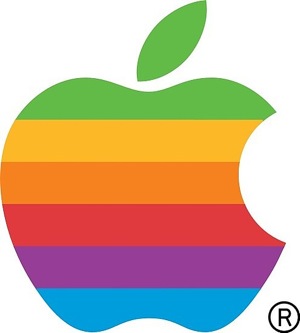Secure your place at the Digiday Publishing Summit in Vail, March 23-25

It’s hard to remember now, but there was a time when Apple was pretty much an afterthought, a cautionary tale of a young company that tried to keep too much control. It lagged far behind the open Windows system in favor of a command-and-control approach of a tightly integrated product, with ultimate control resting firmly in Cupertino.
We know how that story ended. With Apple ascendant, it only makes sense that other industries will look to emulate its success in their own way. Publishers can also learn from Apple’s total control over product, argue Buzzfeed CEO Jonah Peretti and president Jon Steinberg in a new blog post. The executives compare the Buzzfeed approach — integrate ad tech and editorial tech in homegrown systems and even exert control over the creative itself — with the typical publisher approach that outsources bits of its business to others and relies on advertisers and their agencies to supply ads that may or may not fit with the audience.
Our end to end approach is what makes it possible but skepticism was understandable given the state of the industry. Usually one agency creates the ad, another buys the media, a few publishers traffic it, another company measures the results, nobody sees the big picture, and good ideas get lost. Working with BuzzFeed requires that everyone collaborate on an integrated campaign with creative, media, and measurement all tightly integrated. The results speak for themselves: CTRs that are 10x to 20x industry averages, earned media averaging 38 percent (median) to 58 percent (mean) most recently for campaigns concluding in Q1 (with a minimum budget level), and enormous brand lifts. Tight vertical integration isn’t just the future of tech, it is the future of publishing and advertising as well.
It’s a tempting conclusion, and it fits with the recent trend toward new-style publishers like BuzzFeed, The Huffington Post, Gawker and Vox Media seeing themselves as tech companies. It’s easy for a business to claim to be a tech company — all firms use technology, after all — but most publishers still don’t see technology as one of their core competencies. Instead it is viewed as a support function, with the main role being played by editors producing the content. That role will always remain important, no doubt, but the Buzzfeed approach is evidence that publishers will need to be more assertive if they’re going to escape the commoditization trap where an impression is an impression, often irrespective of context.
More in Media

Media Briefing: As AI search grows, a cottage industry of GEO vendors is booming
A wave of new GEO vendors promises improving visibility in AI-generated search, though some question how effective the services really are.

‘Not a big part of the work’: Meta’s LLM bet has yet to touch its core ads business
Meta knows LLMs could transform its ads business. Getting there is another matter.

How creator talent agencies are evolving into multi-platform operators
The legacy agency model is being re-built from the ground up to better serve the maturing creator economy – here’s what that looks like.





